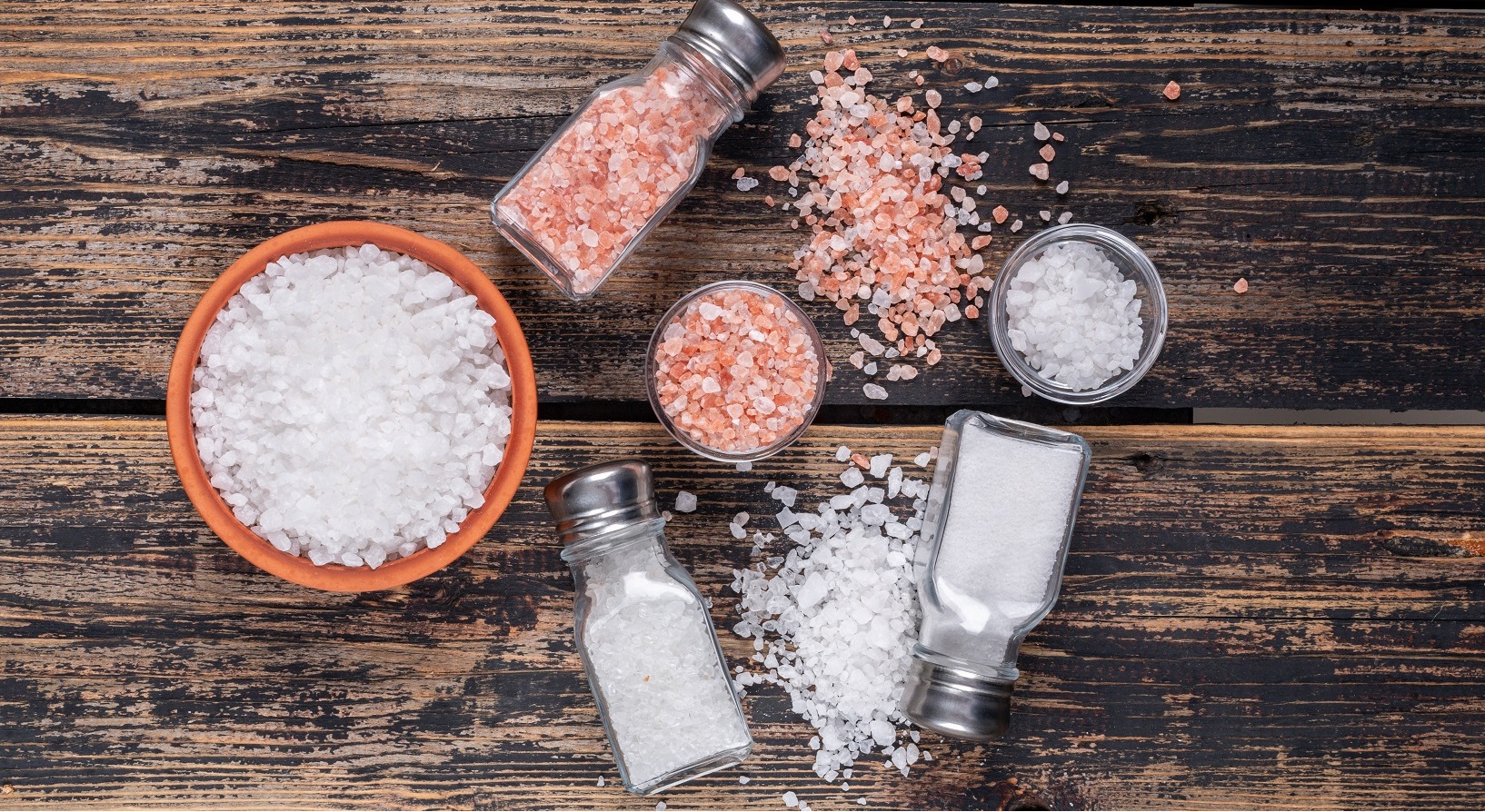Call Ahead Care Line: (281) 783-8162

While there are certainly mixed views on sodium intake, research has established that too much salt can lead to various health problems. So, how much salt do you really need?
Salt is an essential nutrient that our body needs to function properly. It helps regulate blood pressure, fluid balance, and muscle contractions. Most people consume far more salt than they actually need! The recommended daily intake of sodium for adults is 1,500 milligrams (mg), which is roughly the amount of sodium in one teaspoon of table salt.
However, the average American consumes about 3,400 mg of sodium per day, more than double the recommended amount. Too much salt can lead to high blood pressure, which is a major risk factor for heart disease, stroke, and kidney disease. It can also increase the risk of osteoporosis, stomach cancer, and kidney stones.
Since salt is often consumed in excess, taking steps to reducing one’s intake is a recommended step to improving overall lifestyle, preventing chronic diseases, and losing weight. Here are some practical steps to reduce your salt intake:
Keep Reading: Signs of Dehydration in Adults
We improve our services by using Microsoft Clarity to see how users interact with our website. By using our site, you agree that we and Microsoft can collect and use this data.